There are 162 photographs, spread over 144 pages, where Ana Abrão, a woman who decided to “step out of the box at 50”, tells 13 stories about the daily life and culture of the Kalasha, a polytheistic minority with whom she lived for three months in the mountains of Pakistan.
A psychologist by profession, Ana only started dedicating herself to photography 15 years ago, but, if it were today, «she would start to be outside the box at 21 and not at 50».
Ana, a Portuguese-Brazilian, aged 57, who has lived in Albufeira for 23 years, is not sure how many countries she has visited, but points to more than 30. What she does know is that, wherever she goes, it will be «a little destination. conventional".
After the success of the first book, “Other Worlds”, which tells the story of communities, ethnicities and different countries in Asia, Ana realized that the adventures she has now experienced on this new trip, also in Asia, but in contact with the Kalasha culture, gave a new creation, capable of making people «put on their feet your shoes” and set off on this adventure.
Despite having traveled with others many times, in these cases, when she goes to work, Ana Abrão prefers to go alone.
«I go with freedom and with very basic plans, because I try to do something that is original and as real as possible. Accompanied I do not produce. What I think about first is whether there is potential, whether there is a community, an ethnic minority, with its own traditional identity and whether it has unique characteristics in its way of being, in its social organization, that are interesting to know and make known», he says to the Sul Informação.
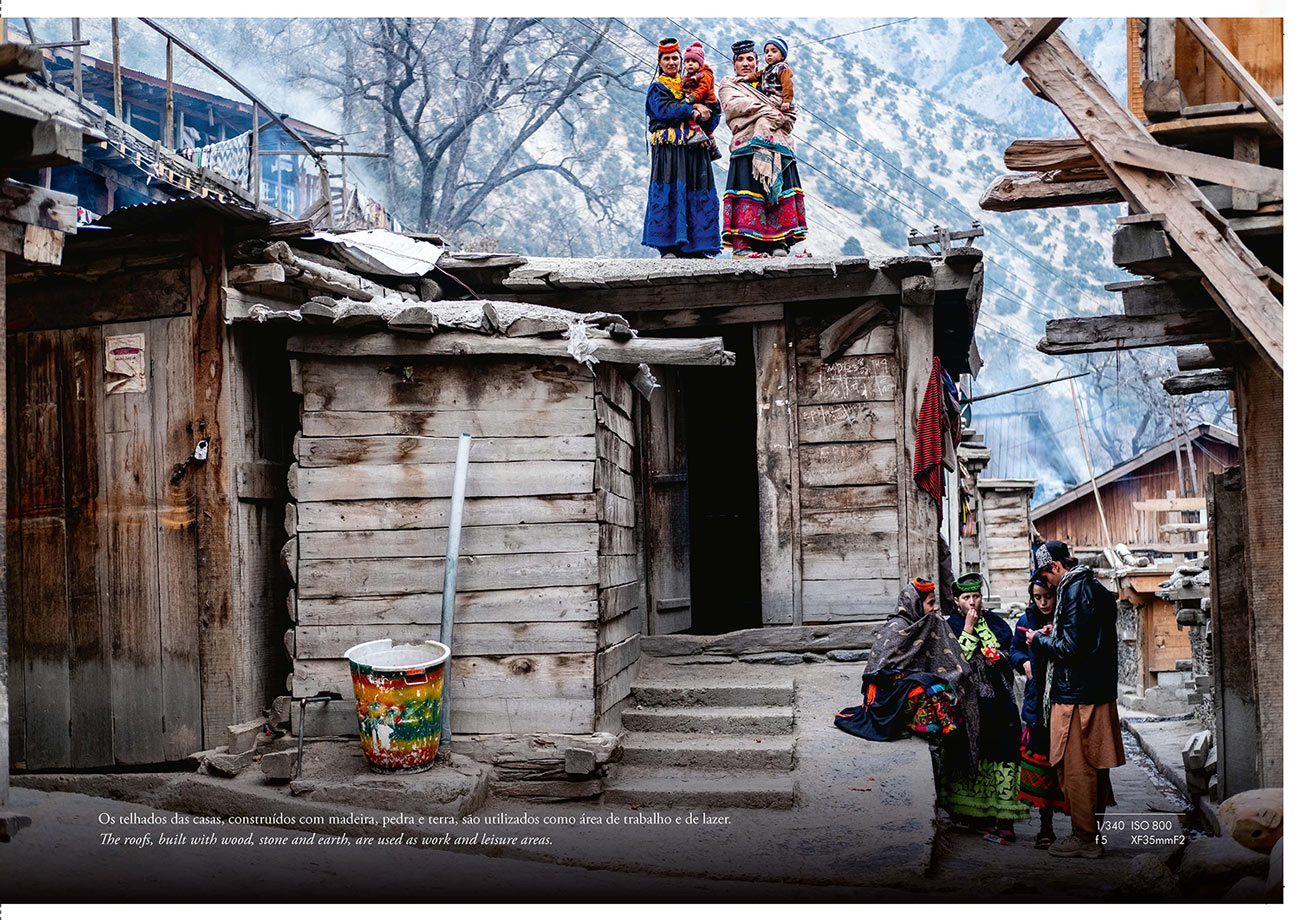
This time, to get close to the Kalasha community, Ana had to cross a mountain range in northern Pakistan, taking shared transport “which is what is possible”. Arriving at the last stop, she had to go through “an adventure”.
«I lost contact with the only person I had previously spoken to to welcome me, because there are no hotels or anything there», says the photographer, noting that I was lucky to have met, on the trip, the village chief, who ended up being the one who gave him shelter.
For Ana, this was a unique opportunity because, «being with the village chief, I have authorization to do things. If not, I would have to knock on his door and ask for permission to participate in ceremonies, rituals, visit people (…) I had to ask for permission for everything».
Ana Abrão lived with the Kalasha community for around three months and it was necessary to gain confidence to be able to take photographs.
«I woke up with no plans, unless something was expected to happen that day. When there was nothing, I went out around the village, went hiking or visited schools. At schools, I tried to interact with the children: if they were very small, I would sing music, if they were older, I would play games – and this, the introduction at school, helps to break down resistance in families».
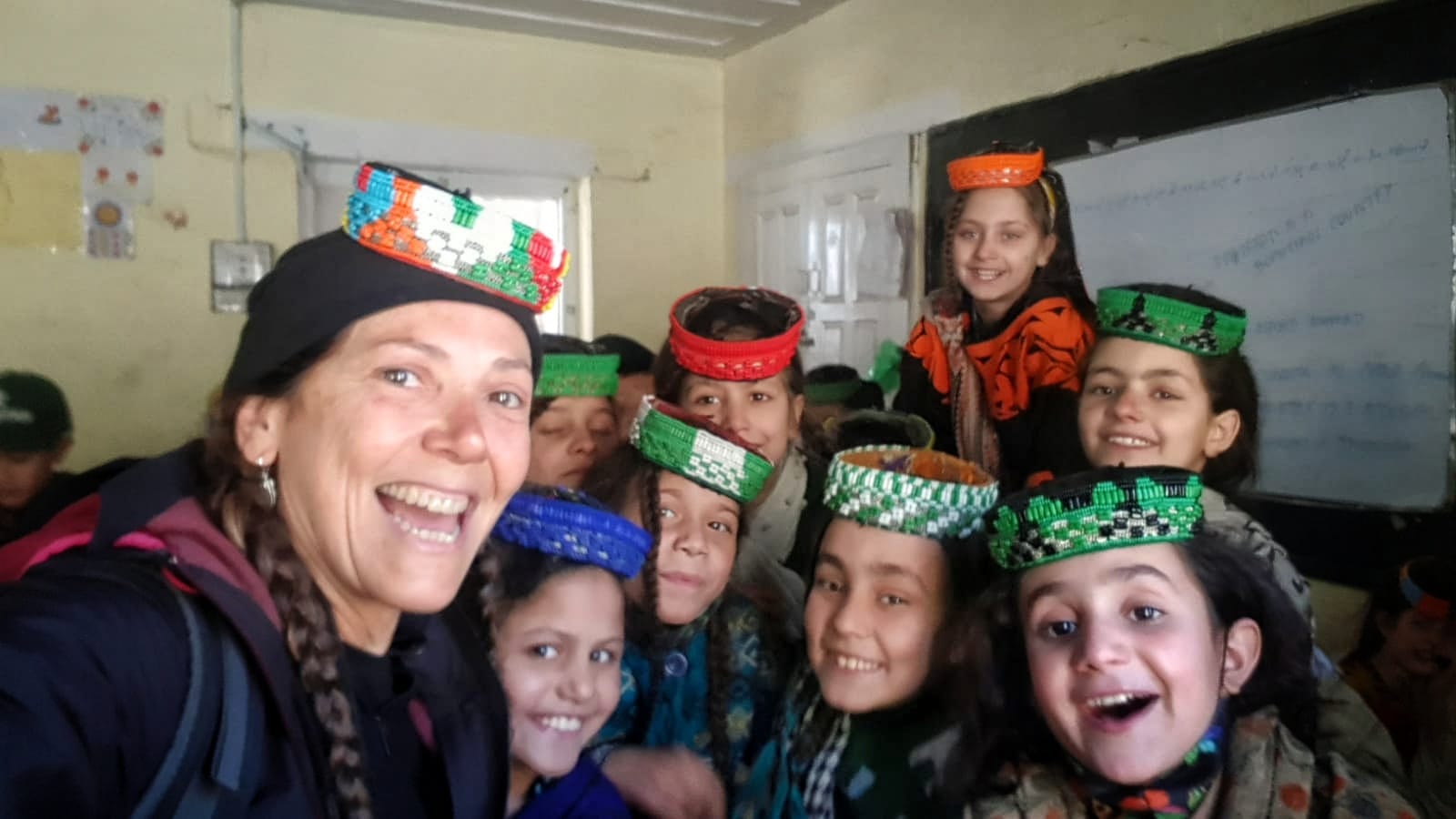
Little by little, Ana gained the trust of the people and remembers the first photographs she managed to take, which are in the book.
«There was a day when I arrived in the village and was invited to celebrate the birth of a baby, which had happened the day before. There was bread and cheese and everything in the lady's house was so beautiful, so rustic...».
In this house, Ana was surprised by the absence of her wife and son, and it was explained to her that they could not be there.
«The son of the village chief explained to me that women, when they are menstruating or postpartum, have to be in a place of isolation because menstruation is considered impure. They cannot interact with anyone or touch objects and can only return to the community after 15 days, after going through a purification ritual,” he says.
What Ana didn't know was that she couldn't be in contact with these women and return to the village without being purified.
«I went without knowing that I couldn't have gone and, when the village chief found out, he became extremely aggressive, upset with me and disoriented. Nobody goes there, it was the first time this happened in the community and he said that I had now taken all the impurities to the village».
There were moments of great tension, in which Ana thought she was going to be expelled from the community, but everything ended up being resolved through a ritual that the photographer mirrors in the book, with video and sound.
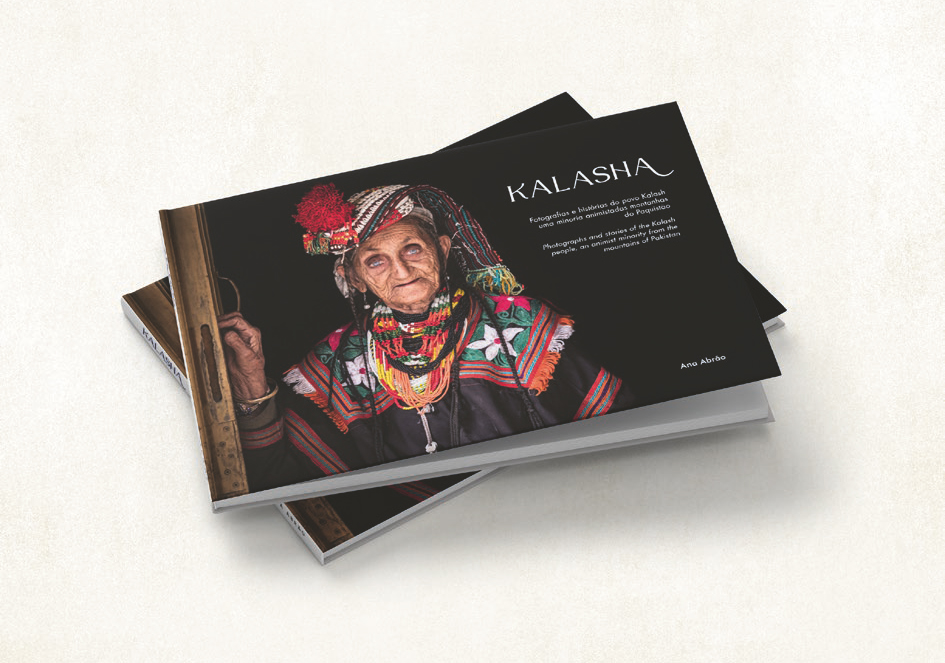
Despite these events, Ana emphasizes that she never felt afraid.
“Pakistan was also surprising for that reason. It's a country with a very bad name, very poorly talked about and with practically no tourism, but, of all the countries I've traveled to, it was the one that made me feel the most at ease».
And how do you make the decision that it’s time to return? In this case, the photographer was forced to return to the Algarve after suffering an injury to her leg due to a fall.
Between October 2022 and January 2023, when Portugal arrived, three months passed, giving rise to material «with a lot of potential».
Asked about what it's like to return to everyday life afterwards, Ana explains that «life doesn't change», but we live with «more knowledge and learning».
«Travelling to places outside the box broadens our view of the world, but upon arrival, the first impact is the value given to the comfort we have here. These trips are tough, but the most difficult issue is bathing,” he confesses.
Arriving in Portugal, Ana Abrão grabbed the material she had and started writing the stories for the book “Kalasha”, which, as it is an author's edition, is available for sale on the website.
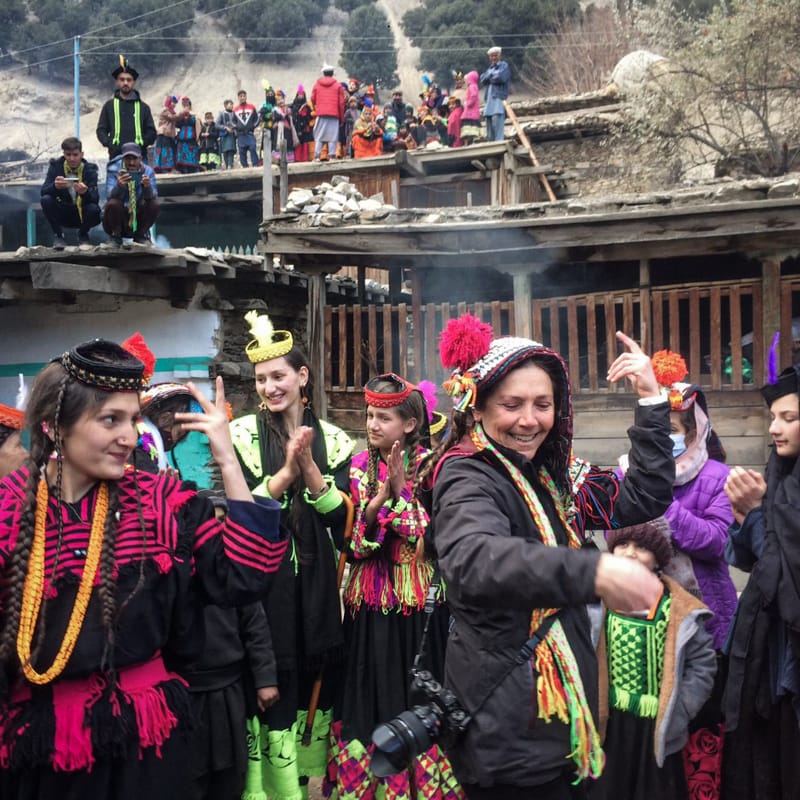
So far, Ana has already made eight presentations and says that “it’s going very well”.
Ao Sul Informação confesses that one of the objectives of these works is also to show people a world that they, sometimes, do not have the courage to discover.
«My travels are a kind of celebration of freedom, in the truest sense of the word, a freedom that is not debauchery, but a freedom that comes from within, of being able to discover the world without social rules, judgment and pressure from here. If we stop to think, we live a lot depending on what people expect from us and they make a lot of judgment about what we do correctly or incorrectly and traveling is seeing the world with different rules».
Despite now wanting to take a break from traveling to rest, Ana Abrão says she still has a long list of places to visit.
«If I take these trips at 60, I will let people see that there is a woman, aged 60, who is out there around the world ready to meet and open to connect with people».
For those who would like to do the same, the photographer leaves some advice: «People are very stuck in fear and the only difficult part is making the decision, but when the moment comes when we say “that's it, I'm going”, there's no point. more than being afraid because things flow one after the other, even if fears appear».
Ana Abrão's book costs 35 euros and can be purchased here
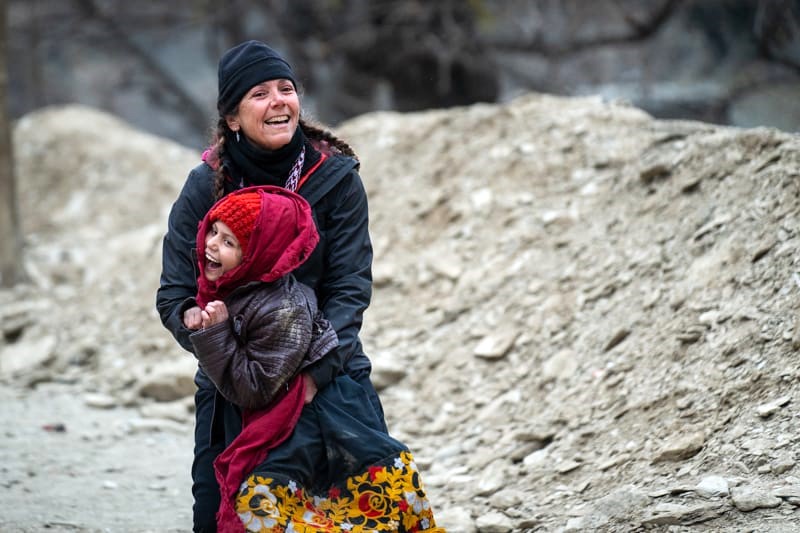


















Comments